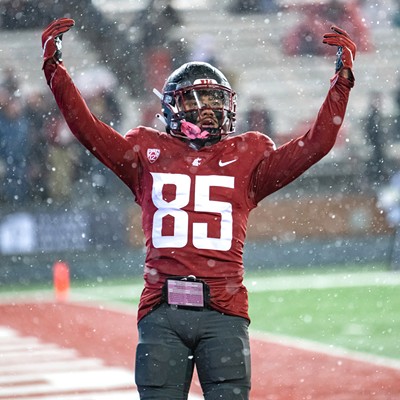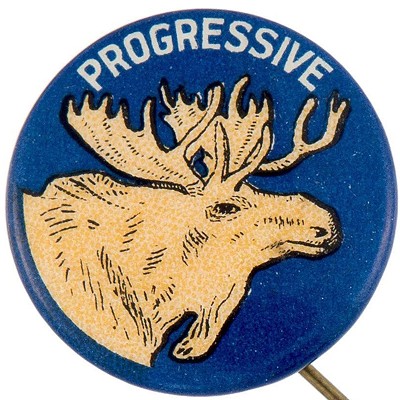Recently, a group of Eastern Washington University faculty released a report examining and giving their perspective of EWU's athletic department and its value to the university. This is an age-old conflict that presents itself every time there is a budget downturn or enrollments sag.
I've witnessed this conflict play out as a student, two-time alumnus and as the associate athletic director during most of the 2000s when we had a similar discussion. What the faculty get wrong and miss completely is the value Division I athletics brings to the student experience, alumni pride and university brand awareness while providing opportunities for students who might not otherwise ever get this kind of educational experience.
EWU's athletic budget is made up of a few primary sources: the university general fund, student fees, sponsorships, tickets, NCAA/Big Sky shared revenue and donations. Like most every other college athletic program, the two key sources are the general fund and student fees. What the faculty fails to mention is that a lot of those funds go right back into the university in the form of tuition, books, housing and dining.
Here is where I can agree with the faculty report. Trying to quantify athletics' impact on enrollment and donations gets fuzzy for most colleges, Eastern included. Eastern athletics, however, has a significant impact on the student life experience. No other department on campus connects to almost every other department. This is done in two ways: student athletes' chosen fields of study and university traditions. Those traditions also lead to stronger alumni ties.
EWU athletic events are estimated to bring over 100,000 alumni, fans, media and supporters to campus each year.
Perhaps the most overlooked, and one of the most important aspects of Eastern athletics, is the opportunity it provides student athletes who might not otherwise get this type of educational opportunity. Some student athletes come from at-risk backgrounds and take advantage of academic support services to become first-generation college graduates — one of Eastern's primary missions.
EWU has a winning tradition. Even though the department's budget is among the smallest in the Big Sky Conference, the success on field, on court and in classrooms is hard to ignore. Just in the past decade the department has earned a national title in football, multiple conference titles, NCAA tournament berths and numerous Big Sky presidential awards for the best overall academic and athletic performance during an academic year. I don't think any other conference school gets more out of its resources. We should be very proud of that.
Finally, what I think the faculty get wrong at its core is that Eastern is not a job for us alumni. It was an important experience in our lives. It helped build our careers, make lifelong friends and for some of us, start families. Athletics were not the most important aspect of that experience, but it was an important aspect where many of our Eastern traditions originate and what brings us back to campus and keeps us connected. That is invaluable. Go Eags! ♦
Michael Allen, a business and entrepreneurship professor at Spokane Community College, is a former associate athletic director at Eastern Washington University. A longtime Republican, he previously served six years on the Spokane City Council.























